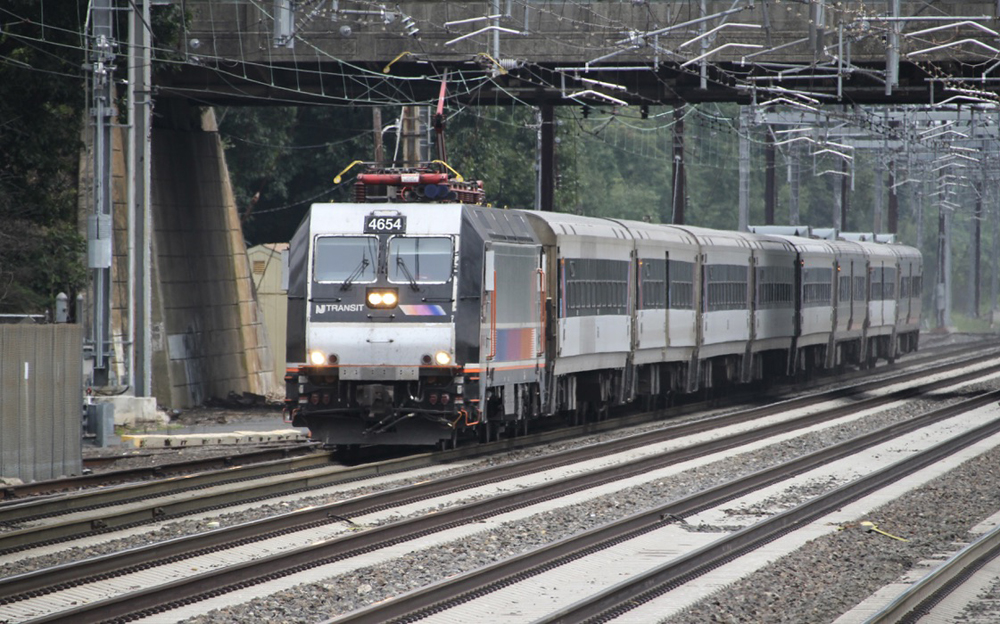
NEWARK, N.J. — The strike by NJ Transit locomotive engineers is over, with service to resume on Tuesday, May 20.
The transit agency and members of the Brotherhood of Locomotive Engineers and Trainmen announced this evening (Sunday, May 18) that they reached a tentative settlement to end the walkout that began on Friday. Neither side offered details of the agreement, but NJ Transit CEO Kris Kolleri said in a press conference that it met the agency’s need for a deal that is “fair and fiscally responsible,” while a union official said it addressed the BLET’s wage concerns.
“While I won’t get into the exact details of the deal reached, I will say that the only real issue was wages,” BLET General Chairman Tom Haas said in a statement on the union website. “And we were able to reach an agreement that boosts hourly pay beyond the proposal rejected by our members last month and beyond where we were when NJ Transit’s managers walked away from the table Thursday evening.”
The agreement will still have to be ratified by union members and the NJ Transit board. New Jersey Gov. Phil Murphy said he is confident this deal will be ratified, unlike the one rejected in an April vote.
“There’s a feeling we landed in a really good place,” Murphy said. “… I can’t speak for the union, nor would I attempt to, but on our side of the table, there’s a high degree of confidence that this will sail.”
Said Kolluri, “The past is the past. But I think we learned some important lessons on what the membership wanted, and I think the union this time did a really good job of clarifying their positions. And in these negotiations, we were able to go point by point, in addition to the broader issues of wages, and talk about some of those provisions that they cared about.”
BLET President Mark Wallace noted on the union website that Congress could have intervened to end the strike but chose not to do so.
“I want to thank members of Congress for allowing the process to work without interference,” Wallace said. “This should be a lesson for other railroad disputes. Nothing would have been gained by kicking the can down the road. Allowing strikes to happen encourages settlement rather than stonewalling.”
Beyond ending the strike, ratification would end the engineers’ long period working without a contract. Their last agreement expired in 2019; they voted to strike in 2023, but were constrained by the length process of mediation and reports from Presidential Emergency Boards. The earlier tentative agreement also extended the process leading to the walkout at 12:01 a.m. on Friday.
The earlier tentative deal was announced in March [see “NJ Transit, engineers announce …,” News Wire, March 10, 2025]. Terms of the eight-year deal, retroactive to 2020, to cover the union’s 450 members were never announced, and it was voted down decisively by the union [see “NJ Transit engineers reject …,” News Wire, April 15, 2025]. But it was presumably shaped by the non-binding recommendations of the two Presidential Emergency Boards recommendations for a contract that would have provided raises totaling 21% over the life of a 7½-year deal. The union had sought a contract with a total increase of 36.26%, uncompounded, over the same period.
The union’s target reflected the sticking point through the lengthy bargaining process: The BLET has said its members make up to $10 per hour less than their counterparts at other operations in the region [see “Strike shuts down NJ Transit rail service,” Trains News Wire, May 16, 2025]. NJ Transit has argued that it cannot afford the terms the engineers are seeking without a significant fare increase, and notes that its other 14 rail unions have accepted the contract offered to engineers under pattern bargaining.
Kolluri said the strike has cost NJ Transit about $4 million a day. He explained will take until Tuesday for service to resume because of the need to position equipment, conduct safety and track inspections, and address employee schedules. “This is an extradordinarily complex operation,” he said. “We run hundreds of trains a day. … We will never compromise the safety of our riders. For us, it is better to do it methodically and get it right than to rush and try to meet some artificial deadline and get it wrong.”
With rail service idled for another day, NJ Transit will go forward on Monday with its previously announced contingency plans for additional bus service and four special park-and-ride locations [see “Strike threat remains …,” News Wire, May 13, 2025]. Murphy asked that workers and employers accommodate an earlier call to work from home for one more day “to allow essential workers to move through the system.”
The strike is only the second in NJ Transit’s history. A March 1, 1983, walkout by conductors represented by the United Transportation Union lasted 34 days and ended with workers receiving a 17% pay increase.
— Updated at 6:35, 6:47, and 7:27 p.m. with additional information.






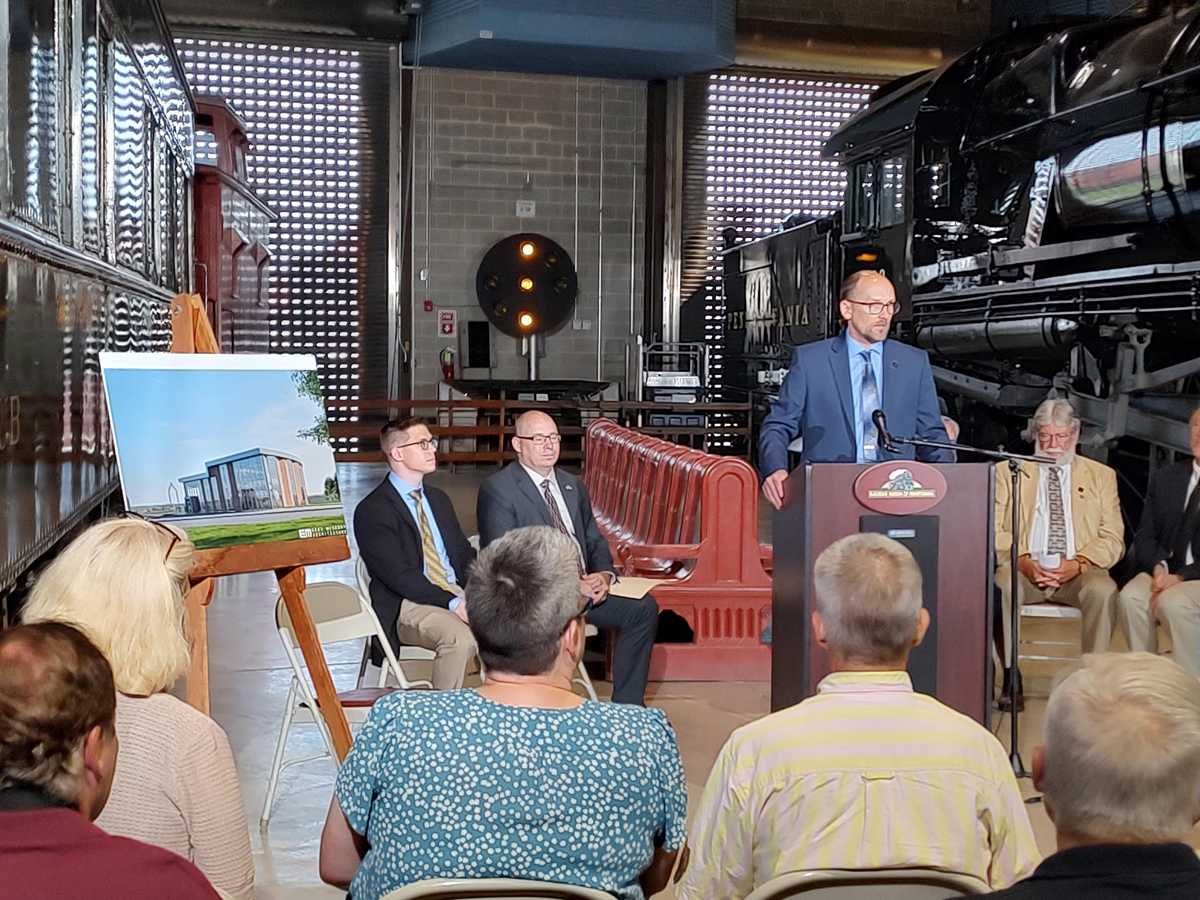
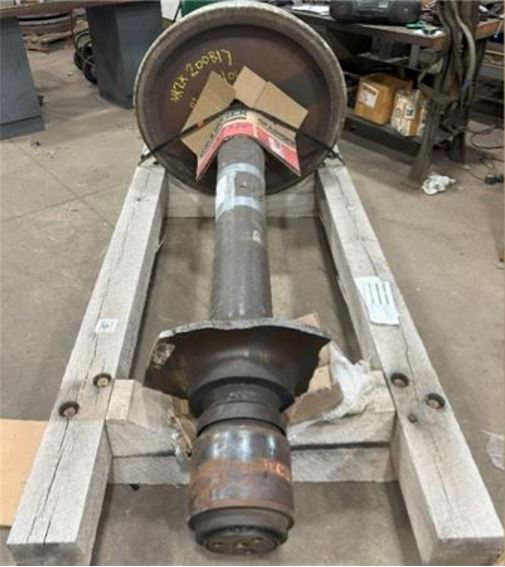
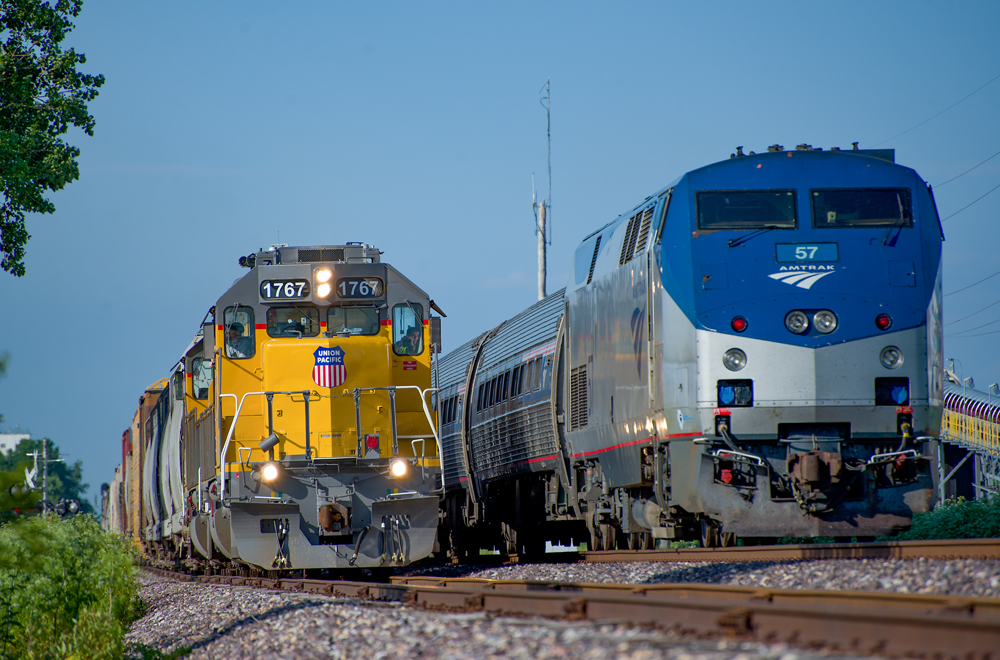
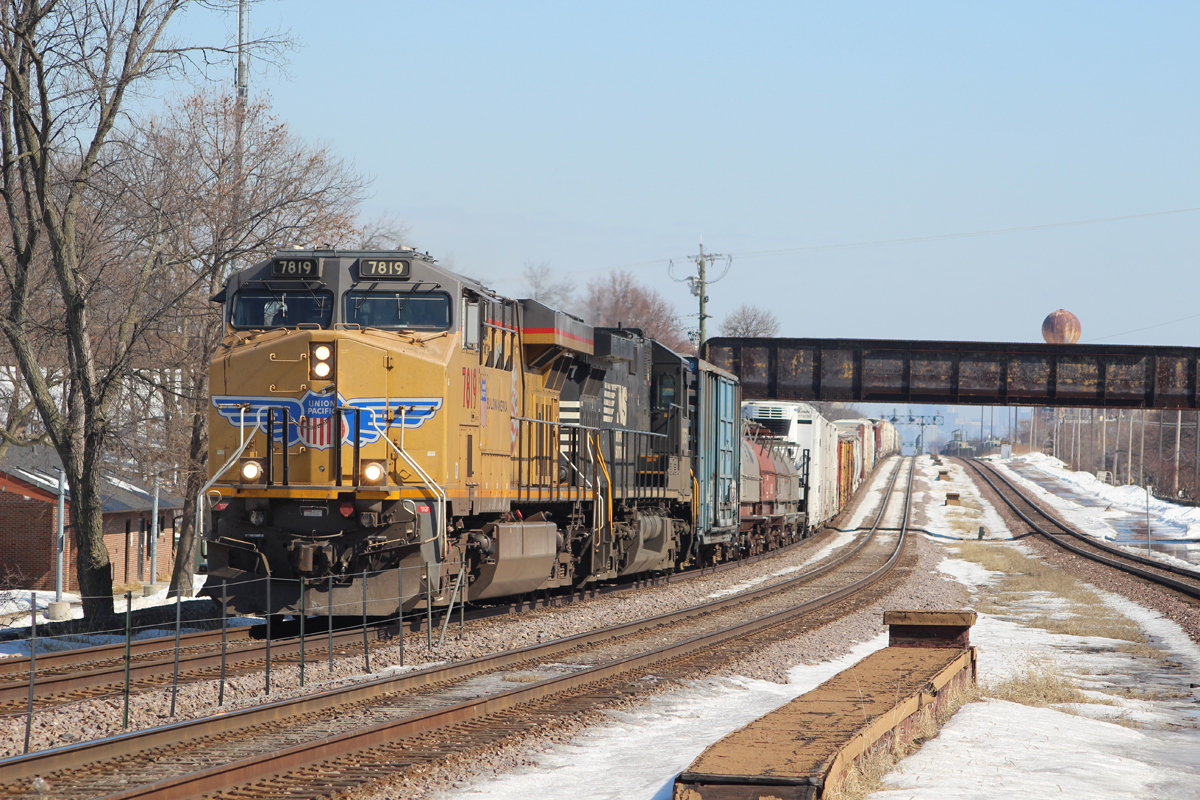




Charles, you say “The engineers didn’t claim to be poorly paid.” Yes they did, by $10 per hour.
“ In other words, a wage spiral.” Matching wages in similar occupations isn’t a wage spiral.
“ If LIRR or Metro North or Amtrak gets a raise, then Jersey workers get a raise.” I’ve not seen that this was written into the 7 1/2 year contract nor was it implied.
“By that formula, wage increases never stop.” Your “formula” was a figment of your imagination. But like with most jobs in America wages do increase over time along with the cost of living. I’m assuming your pay increased over the years in your job. Did you have the nerve to ask for a raise or did you wait for the boss to decide you deserved one? Was your wage tied to a prevailing wage for your profession? I’ll bet you had an idea of what was fair pay and benefits for your work and expected to be paid that.
“ To win the latest wage increase, the union uses a tactic that is legally protected for unions but would be criminal for any other organization: a conspiracy in restraint of trade.” The right to withhold one’s labor is a basic right for anyone in this country. You yourself had the right to withhold your labor at the job you had for whatever reason you chose. But somehow if a group of individuals decides to walk off the job it’s illegal. How do you reconcile that Charles? And what about union lockouts? Should they be illegal?
It would seem in your perfect world the employees would be totally controlled by the company for whom they work. Company housing, stores, doctors, etc. With no say over their lives, their pay or working conditions. Just like in China.
CHRIS —- You could have made a good post but you lost all credibility by grossly overstating your case, as in your last paragraph.
Being paid less than someone else doesn’t mean you are poorly paid.
Any one individual has a right to withhold their labor. Collectively withholding labor, as in a strike, is a (legal) conspiracy in restraint of trade.
Jersey Transit will experience dropping ridership and increasing costs. The only solution will be a federal bailout. Which won’t be forthcoming.
Public transportation in USA is in trouble. Even where heavily patronized, and I have been on some very crowded urban transit trains in recent years (Seattle, Boston), the gap between costs and revenue keeps widening. So imagine a transit system that has almost no riders, such as Milwaukee County buses.
Let’s look at the recent strike. The engineers didn’t claim to be poorly paid. What the union’s claim was this: that others are better paid. In other words, a wage spiral. If LIRR or Metro North or Amtrak gets a raise, then Jersey workers get a raise. By that formula, wage increases never stop. To win the latest wage increase, the union uses a tactic that is legally protected for unions but would be criminal for any other organization: a conspiracy in restraint of trade.